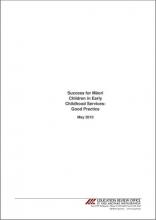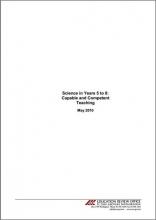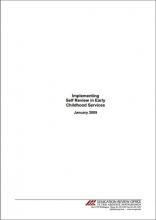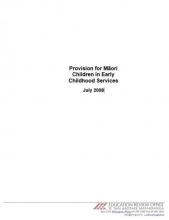Including Students with High Needs
ERO evaluated how well schools included students with high needs. Approximately three percent of the student population have significant physical, sensory, neurological, psychiatric, behavioural or intellectual impairment. ERO’s evaluation showed that approximately half of the schools in the study demonstrated inclusive practice, while 30 percent had ‘pockets of inclusive practice’ and 20 percent had few inclusive practices.







